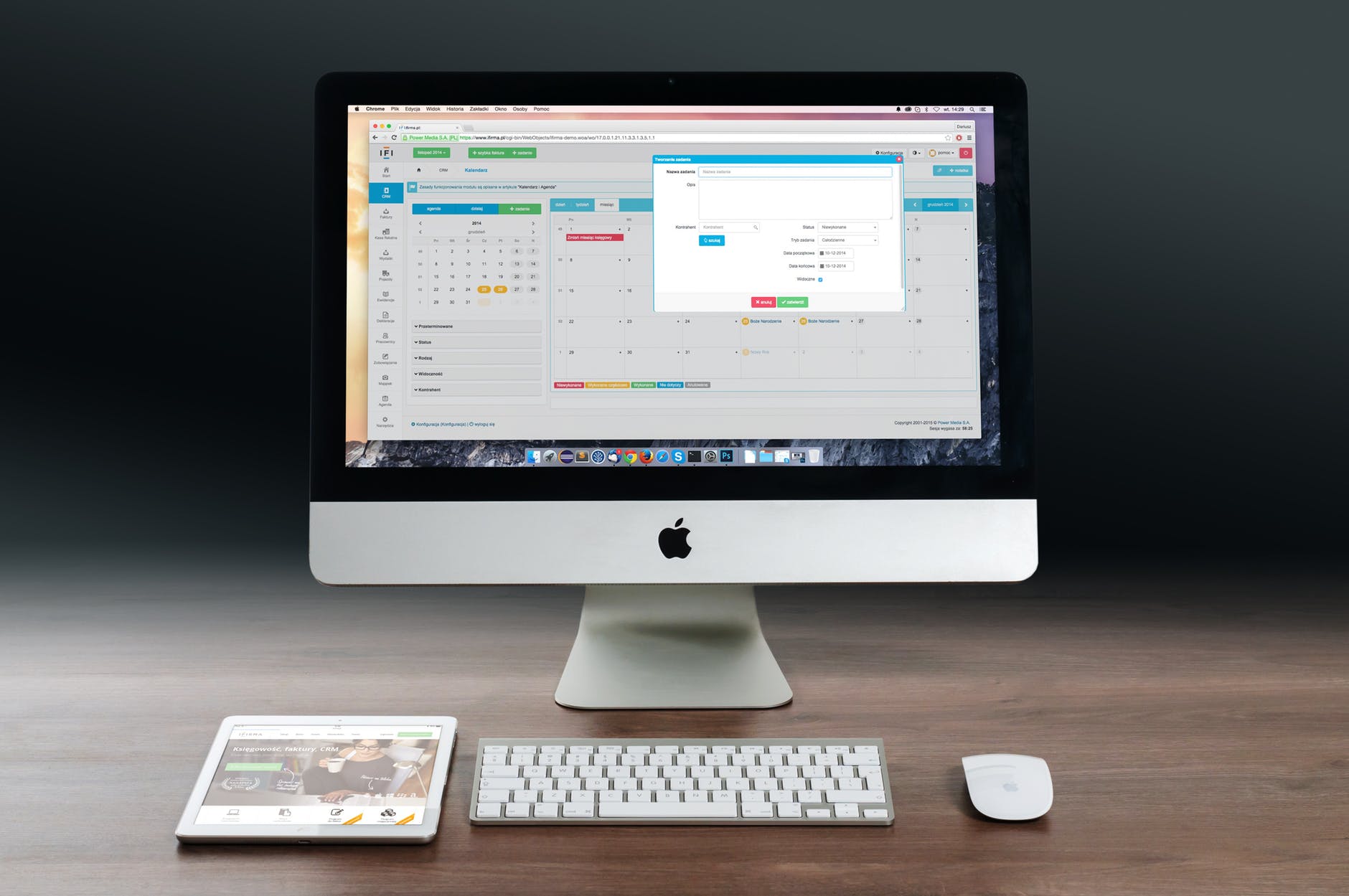Almost every business in the world now recognises that digital marketing is a necessity if they are to remain competitive in their chosen market. Google and Facebook are central to most companies online marketing in some shape or form, perhaps without them even been aware consciously aware of it. However, both platforms make frequent changes to their algorithms and how they suggest target audiences, some of which are more significant than others.
In recent weeks both platforms have announced significant changes to how they will operate in the future. These are developments that every organisation, regardless of size, needs to be aware of. As the leading digital marketing agency in Bangkok, we make sure that all our clients know about the changes and we even help them to implement modifications that will make both medium more effective when it comes to their online and social media marketing. Our goal is to ensure our clients get the maximum amount of traffic to their websites as possible.
With regards to Google, the company has decided to move away from accelerated ad delivery while Facebook has revealed that your potential prospects will soon have the ability to prevent off-Facebook data being collected and used to target them. Not only being aware of these changes, but having a strategy to address them will help your business to gain or maintain a competitive advantage. With most sectors becoming increasingly cutthroat, this will be vital to your success.
Here are the adjustments examined in greater detail.
Google’s accelerated ad delivery to finish this month
It will no longer be an option available on Google to choose accelerated ad delivery for new search or shopping campaigns from September 17, 2019, with the only remaining option being standard delivery. Don’t worry if you already have some existing campaigns using the accelerated delivery; Google will migrate them all to the standard delivery format on October 1, 2019. It should be stressed that accelerated ad delivery will still be available for both video and display campaigns.
What’s the difference between accelerated and standard delivery?
At present, when you choose accelerated delivery, Google is being instructed to place all of your ads within the chosen campaign into every available auction until your daily budget has been consumed. Standard delivery, on the other hand, is where you are instructing Google to ensure that your budgets last throughout the entire day or otherwise specified period. In effect, you are choosing to exclude some of your ads from auctions which they are eligible for.
Google has explained the reason for this:
“[Accelerated delivery] isn’t effective for campaigns that aren’t limited by budget. And for campaigns that are limited by budget, this method can increase CPCs due to increased competition early in the day, or unintentionally spend most of your budget in earlier time zones.”
Fluctuating action prices
Like everything in business, auction prices are subject to fluctuation throughout the day due to supply and demand. Demand for ad space will inevitably vary throughout the day increasing when traffic levels are anticipated to be higher. As a natural consequence of the increased demand, your cost per click will also increase.
When you use accelerated ad delivery, your budget will expire quicker as you are entering every auction that you are eligible. Therefore, you can’t take advantage of lower-cost opportunities that may present themselves throughout the day. It poses a problem for smaller organisations with restricted budgets who may wish to target campaigns during quieter periods.
Time Zones
It is essential that you appreciate that when Google refers to time zones, they are referring to the time zone which you are in and not that of your target audience. Therefore, if your Google Ads account is set up in Bangkok and you chose to start your campaign at 9 a.m. if your target audience is in London; the ads will start being shown at 3 a.m. when most people will be sleeping.
What will be the effect?
Accelerated delivery can lead to inefficient use of budgets, but if you have a limited-time sale, getting your campaign in front of as many people as possible is important. Accelerated delivery certainly has its merits when it comes to driving high volumes of clicks and impressions to your site. However, account managers seem to have come to the consensus that retiring accelerated delivery is just another way of Google forcing them to put more faith in Google’s automation. Trusting Google’s ability to recognise user intent is not something that everyone finds appealing. Conversely, account managers working to a limited budget probably didn’t use the option in any event.
Facebook allows users to prevent third-party data usage
It has been announced that Facebook will soon be beginning to roll-out the Off-Facebook Activity Tool, which will allow users to get an overview of what third-party apps and websites that they use have uploaded to Facebook. Users will have the option to disconnect this information, which will mean that marketers can’t retarget them with advertising campaigns. As the tool progresses, it will also prevent the use of personal information being used for targeting purposes.
It is important to understand that you will still be able to use information gleaned from Facebook, such as videos that they have watched. Non-Facebook information will be off-limits if the user chooses to block you from remarketing purposes. The tool will initially be trialled in Ireland, Spain and South Korea. If this proves to be successful, the full global roll-out will be completed by the end of this year.
How will this impact on your business?
Although Facebook has expressed concerns that their revenue may drop due to the reduced targeting abilities and organisations preferring other mediums for their advertising, we are still of the belief that Facebook ads are hugely beneficial for businesses. In the unlikely event that a large percentage of Facebook users use the tool, you will still be able to target them from their Facebook activity. We support the fact that Facebook is more transparent about their data use, which will help to regain the trust of users.



